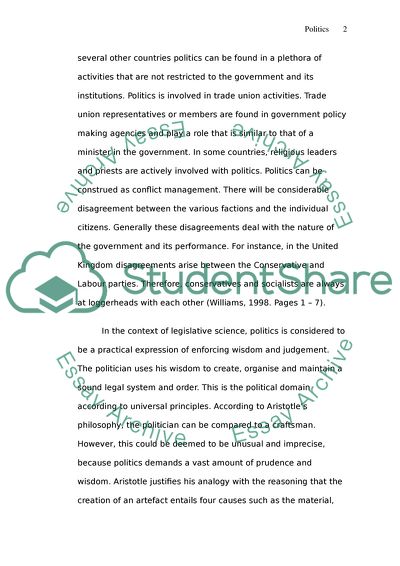Cite this document
(Politics in Application and Practice Essay Example | Topics and Well Written Essays - 2500 words, n.d.)
Politics in Application and Practice Essay Example | Topics and Well Written Essays - 2500 words. https://studentshare.org/politics/1714409-what-is-politics
Politics in Application and Practice Essay Example | Topics and Well Written Essays - 2500 words. https://studentshare.org/politics/1714409-what-is-politics
(Politics in Application and Practice Essay Example | Topics and Well Written Essays - 2500 Words)
Politics in Application and Practice Essay Example | Topics and Well Written Essays - 2500 Words. https://studentshare.org/politics/1714409-what-is-politics.
Politics in Application and Practice Essay Example | Topics and Well Written Essays - 2500 Words. https://studentshare.org/politics/1714409-what-is-politics.
“Politics in Application and Practice Essay Example | Topics and Well Written Essays - 2500 Words”. https://studentshare.org/politics/1714409-what-is-politics.


